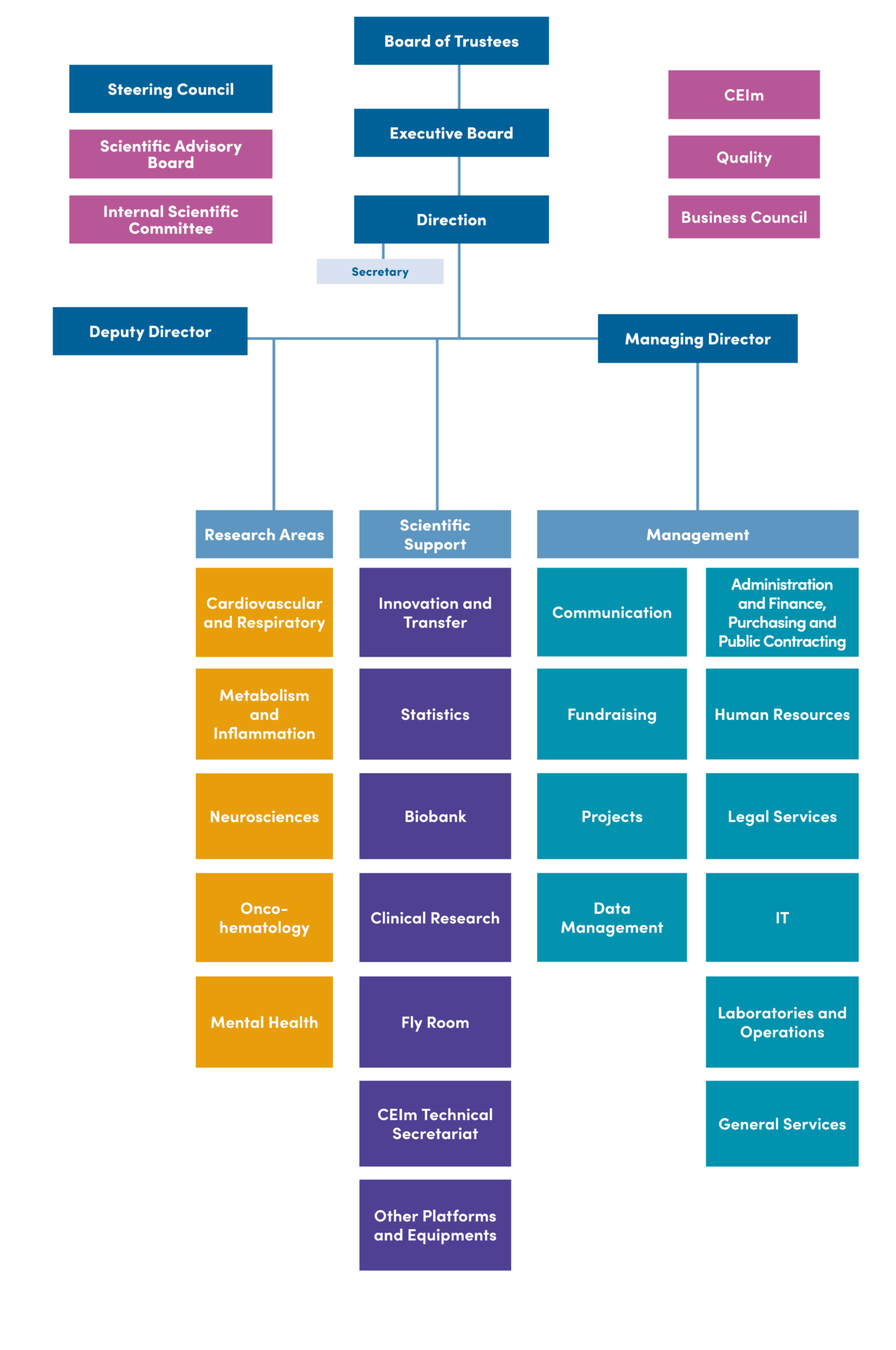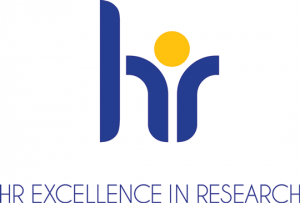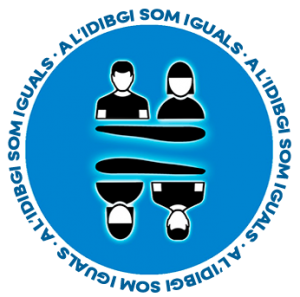The Girona Biomedical Research Institute Dr. Josep Trueta (IDIBGI) carries out translational research to improve health and care of people. IDIBGI is organised into 23 research groups distributed in five scientific areas (Cardiovascular and Respiratory, Metabolism and Inflammation, Neurosciences, Oncohematology and Mental Health) that bring together more than 400 people, including health professionals and basic researchers, in the region of Girona.
The IDIBGI is a public foundation made up of the Generalitat de Catalunya, the Catalan Health Institute (ICS) Girona, the Institute of Health Care (IAS), the Catalan Institute of Oncology (ICO) Girona, and the University of Girona. IDIBGI is a CERCA centre (Research Centres of Catalonia) since 2005.
The IDIBGI also has collaboration agreements with the Institut de Diagnòstic per la Imatge (IDI), the Banc de Sang i Teixits (BST), l'Escola Universitària de la Salut i l'Esport a Catalunya a Girona (EUSES), and with the regional health institutions Fundació Salut Empordà (FSE), Serveis de Salut Integrats Baix Empordà (SSIBE), Corporació de Salut del Maresme i la Selva (CSMS) and Fundació Hospital d'Olot i Comarcal de la Garrotxa (FHOG).

Photography credits: Xavi Juanola.

Find here the IDIBGI Strategic Plan 2023-2027:

On the 31st of March 2015 the Girona Biomedical Research Institute (IDIBGI) received the "HR Excellence in Research Award". This award and its logo reflect the IDIBGI’s commitment to continously improve its human resources policies and practices in line with the European Charter for Researchers and the Code of Conduct for the Recruitment of Researchers (Charter & Code),
The Charter and Code is addressed to researchers as well as to employers and funders in both the public and private sectors. They are key elements in the European Union's policy to make research an attractive career, which is a vital feature of its strategy to stimulate economic and employment growth.
The Girona Biomedical Research Institute endorsed the Charter and Code in May 2011, and joined the Fourth Cohort of the Institutional Human Resources Strategy Group in 2012, attending the Kick-off meeting of the group project in Brussels. Thereon the IDIBGI started implementing their own Human Resources Strategy for Researchers (HRS4R).
The Girona Institute of Biomedical Research has an Equality Plan since 2014. It is renewed periodically to continue working against gender discrimination and to ensure greater equality among the entire staff of the institution.
